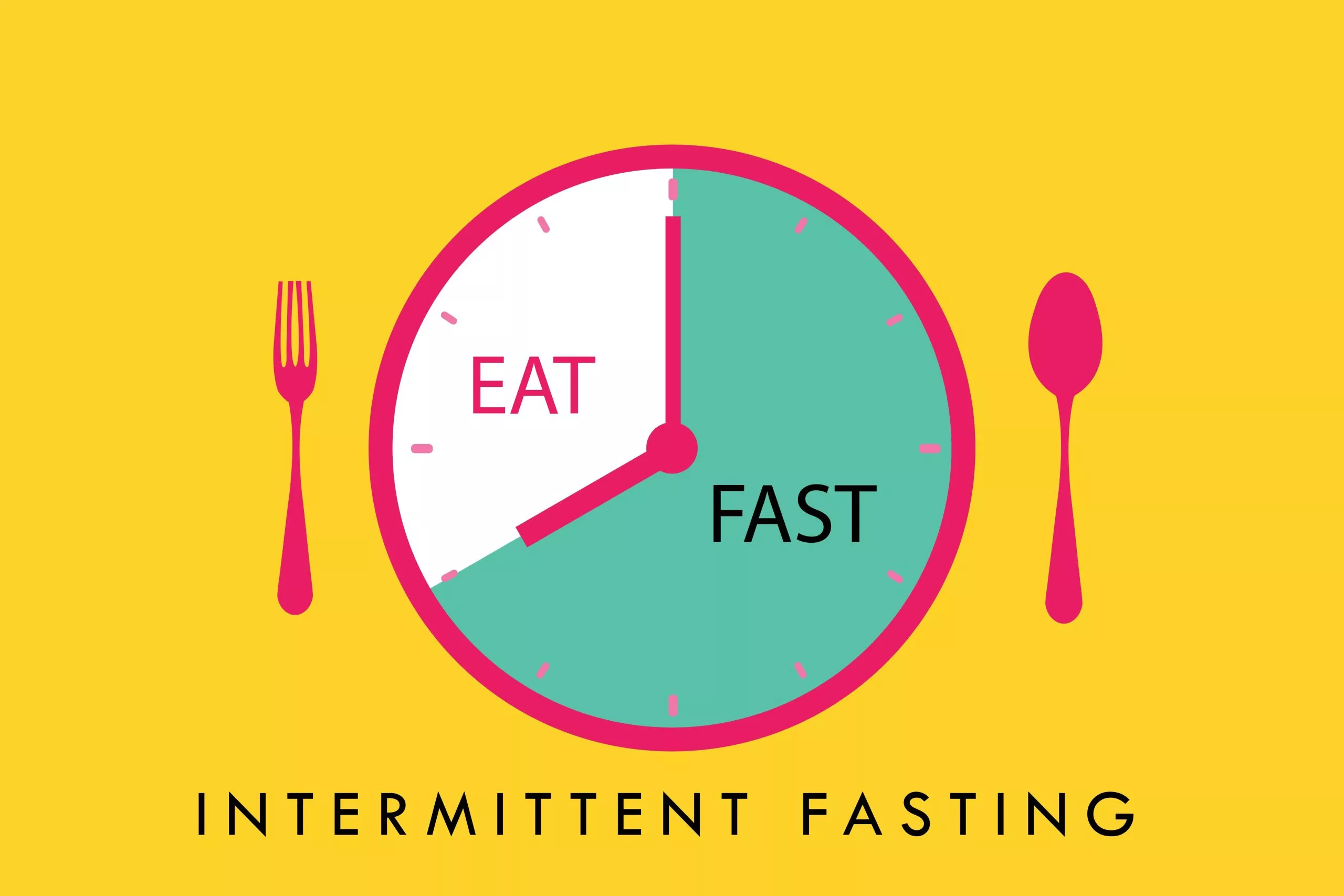Eating habits have changed over generations, and one trend that is gaining worldwide attention today is intermittent fasting. In contrast to conventional dieting, which is concerned with what a person eats, this method not only focuses on what one eats but also on when they eat. Intermittent fasting is known to help improve metabolism, support weight management, and improve overall health, all of which are backed by ancient practices and modern science.
Understanding the Fundamentals of Intermittent Fasting
To understand what is intermittent fasting, use the following picture – a day is divided into two major periods, i.e. an eating window and a fasting window. No calories are consumed during the fasting period. In turn, the body goes into a state in which it uses stored energy, such as fat, for fuel.
Intermittent fasting can be practised in different ways. Some go for the 16:8 method, whereby one fasts for 16 hours and eats for 8 hours. Others undertake alternate-day fasting or 5:2 fasting, where they eat normally for five days in a week but restrict on the two remaining days. What these methods have in common is the focus on giving the body enough time without food to reset and fix itself.
Fuel Shift: The Body’s Reaction to Fasting
After the body has gone several hours without food, it starts to make internal adjustments. Blood sugar levels decrease, the production of insulin is reduced, and the stored fat begins to break down for energy. This process, called metabolic switching, is the centrepiece of many intermittent fasting benefits.
With the decline of insulin levels, the body gets more efficient at burning fat. Growth hormone levels rise, which helps maintain and repair muscle. It is, at the same time, that a cellular process known as autophagy starts. This is where the body eliminates damaged cells, encouraging healthier ageing and lowering the chances of disease.
More Than Just Weight Loss: Intermittent Fasting Benefits
The foremost benefit of intermittent fasting is weight control. Through regular practice, people usually observe changes in mental clarity, energy levels, and digestion. The fasting state enables the body to get into repair mode more often, which might help heart health and inflammation.
Many studies also indicate that intermittent fasting can help normalise blood sugar levels, which would make it a feasible option for people who are at risk of type 2 diabetes. By regulating meal times, it also promotes mindful eating habits, thus decreasing the risks of overeating or nibbling often.
Many people consult the best nutrition & dietetic hospital in India to learn how to mix intermittent fasting with their personal nutritional needs and health goals. Individualised guidance from experts enables common people to practise intermittent fasting safely and effectively.
Making It Work: Best Practices for Safe Fasting
To achieve the best results from intermittent fasting practices, smart and consistent habits should be developed. Hydrating properly during fasting periods benefits the body’s natural detox process. Drinking water, herbal teas, or black coffee (without sugar or cream) can help suppress hunger and elevate attention.
It is important to eat whole foods during eating windows that include vegetables, fruits, whole grains, lean proteins, and healthy fats. Highly processed or sugary foods can defeat the benefits of fasting and cause episodes of energy crash.
Scheduling shorter fasts is usually easier to maintain than going into long fasts. For instance, starting with a 12-hour fast overnight and gradually increasing the duration will allow the body to adapt without stress.
Timing It Right: Listening to the Body's Signals
Although intermittent fasting is time-oriented, it is also important to follow the body’s natural cues. Extreme fatigue, dizziness, or irritability may be a sign that the body needs more fuel or a different fasting method.
Flexible solutions to fit with lifestyle, work, and sleep schedule tend to be more effective in the long run than rigid schedules. Fasting should never be experienced as a punishment. It should encourage well-being and build a better relationship with food.
Conclusion: An Equilibrium of Practice Based on Science
Knowing what is intermittent fasting opens the door to a powerful time-based eating strategy that fits well with the body. The variety of benefits of intermittent fasting, from better metabolism to clearer thoughts, demonstrates that the science behind this approach is not a fad.
When the right knowledge is applied with support from professionals, intermittent fasting can be a practical and effective method of supporting a healthier lifestyle. By making the right eating choices, people can make gradual progress toward long-term health and balance.





